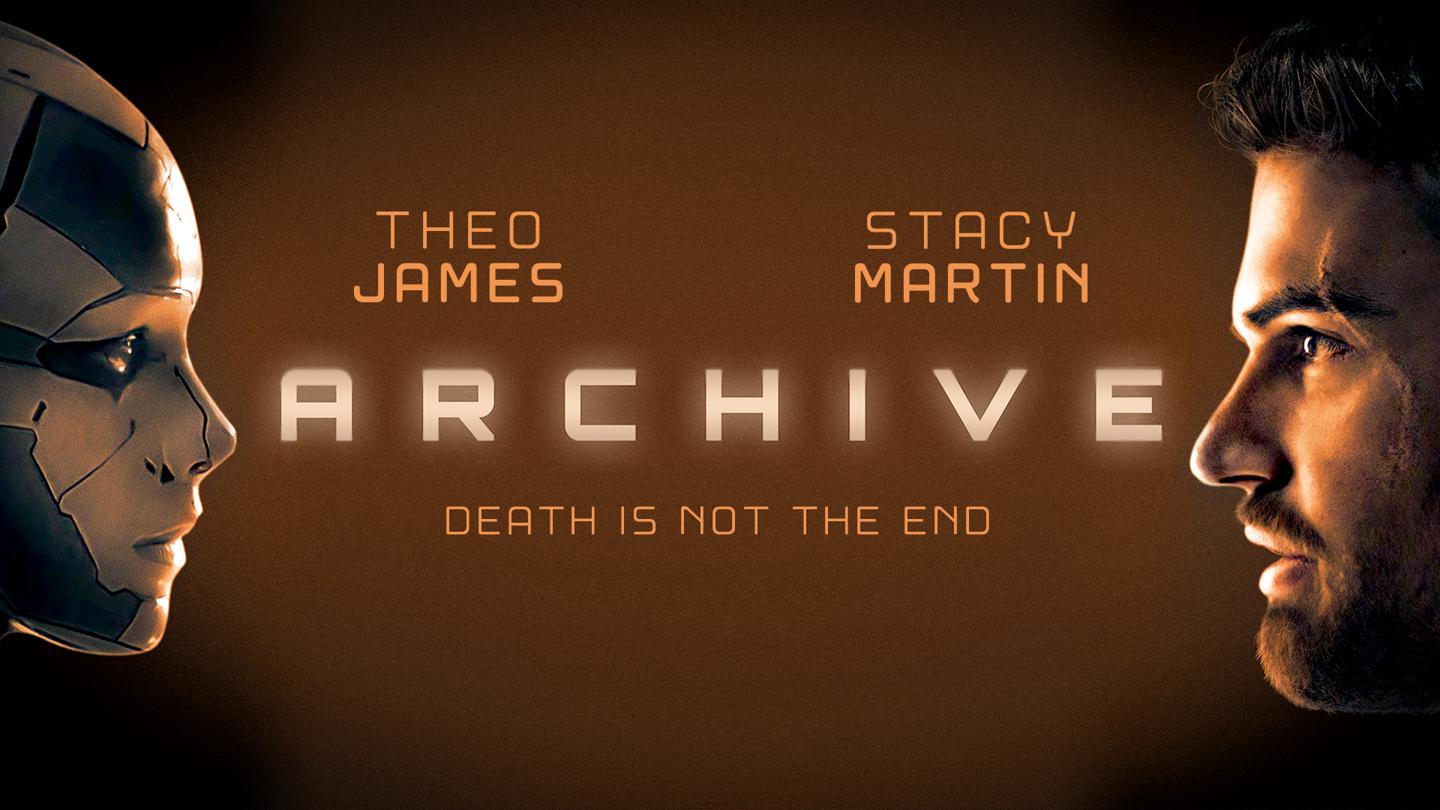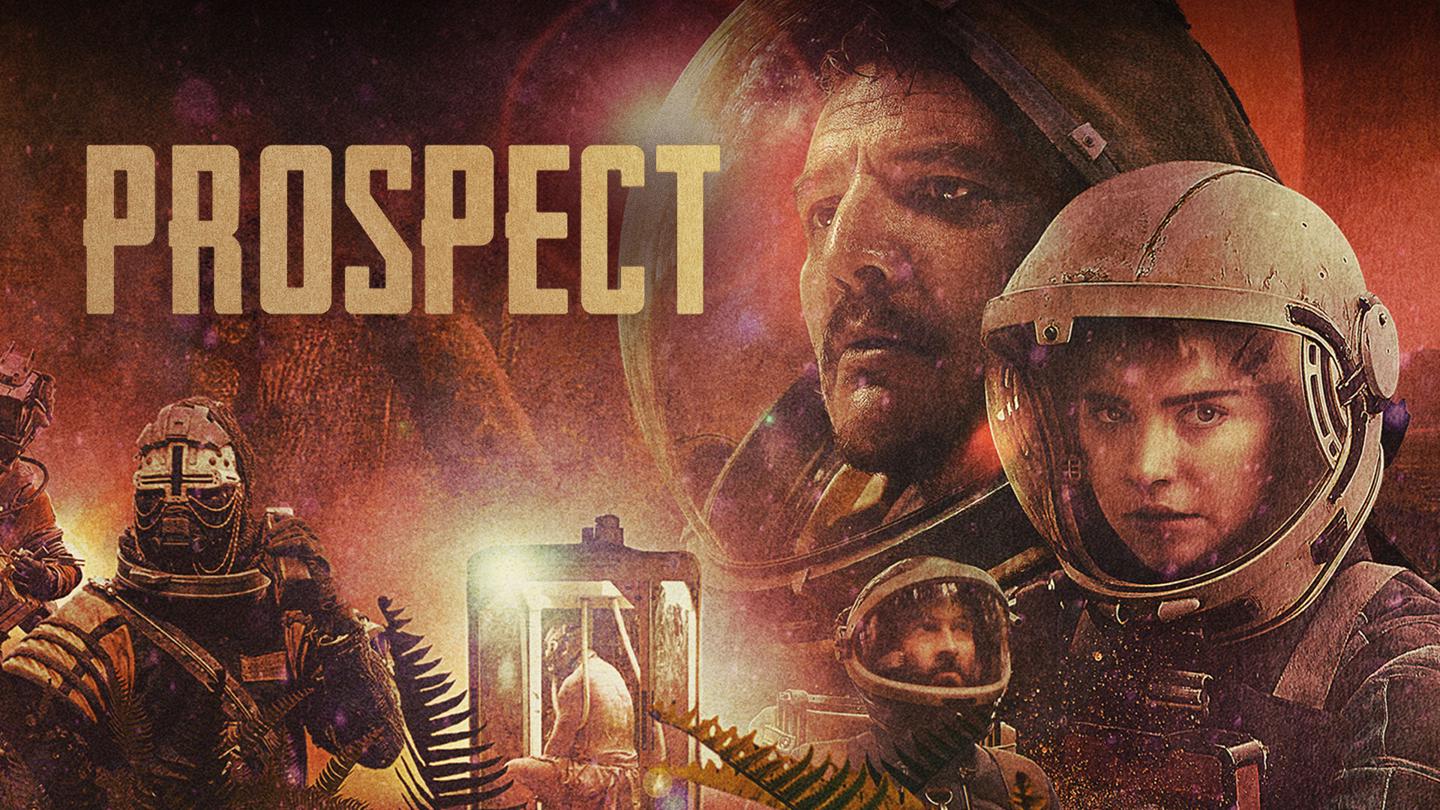
Quick Info
Archive is a 2020 sci-fi film set in a near future where artificial intelligence and technology blur personal grief and innovation. The story follows George, a robotics engineer stationed at an isolated facility, who’s secretly trying to perfect an android with a full human consciousness—his deceased wife’s, to be precise. The setup is thoughtful and personal, blending tense isolation with a meditative, almost mournful tone. It kind of reminded me of Ex Machina but with more emotional stakes and less corporate suspense.
The cinematography really stands out; there’s this chilly, beautiful sense of space inside the facility, with lots of clean lines and practical effects that ground the sci-fi elements. The android designs look impressive on a relatively modest budget. Sometimes, the film’s quietness works both ways—it nails the mood, but occasionally it can drag or feel just a tad too subdued. The score is subtle but effective, sometimes adding almost as much tension as the story itself.
Theo James, who leads the film, gives a nuanced performance as George. You really buy his internal conflict and desperation—he holds the whole thing together. The supporting cast is small but solid, especially the voice and movement actors behind the robots. It's a movie that leans into emotion and loss, more than action, so it feels more like a reflective sci-fi drama than a thriller.
Storywise, Archive keeps you guessing with some well-timed twists, although a couple of them might feel a bit familiar if you’ve watched other AI-focused indie films. The emotional payoff is quietly devastating and sticks with you after the credits roll. The pacing can definitely be slow, especially in the middle stretch, so it might not be for everyone.
You would enjoy this if you like thoughtful, minimalist sci-fi, especially movies that blend technology and human emotions. If you appreciated Moon or Her, with their focus on atmosphere and character over explosions or big set pieces, Archive fits right in. Just don’t expect blockbuster pacing—this one lets you sit with its questions and heartbreaks.



